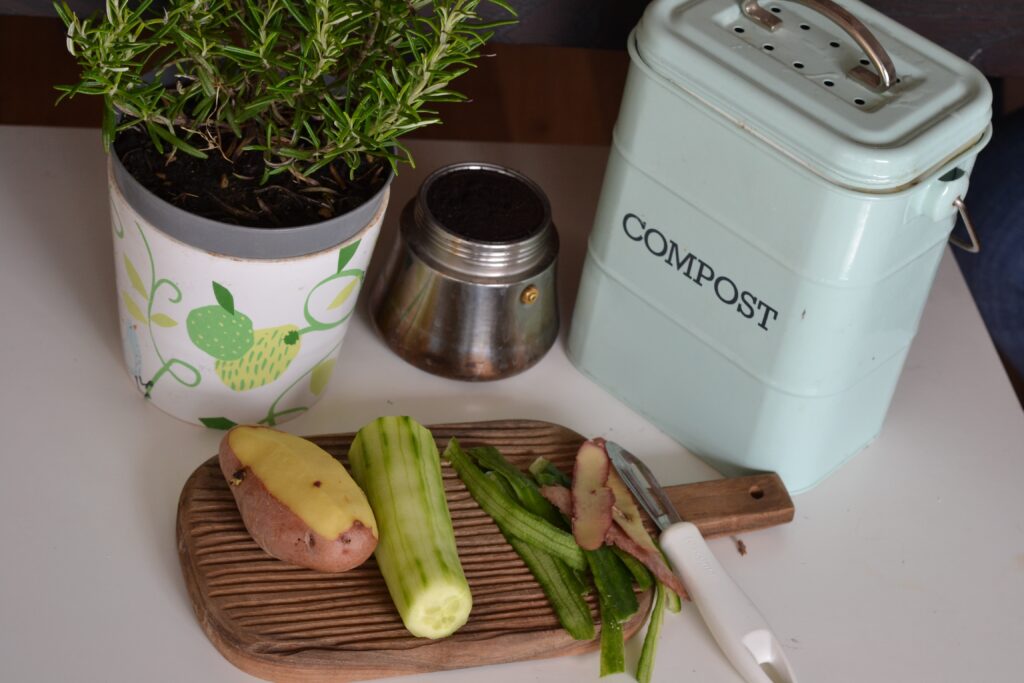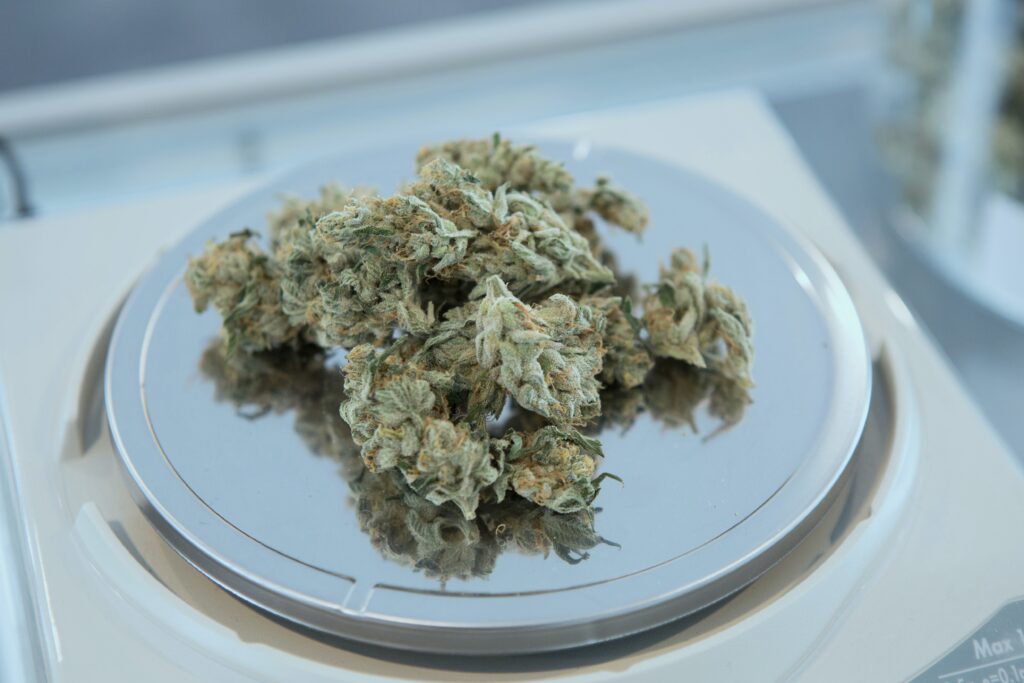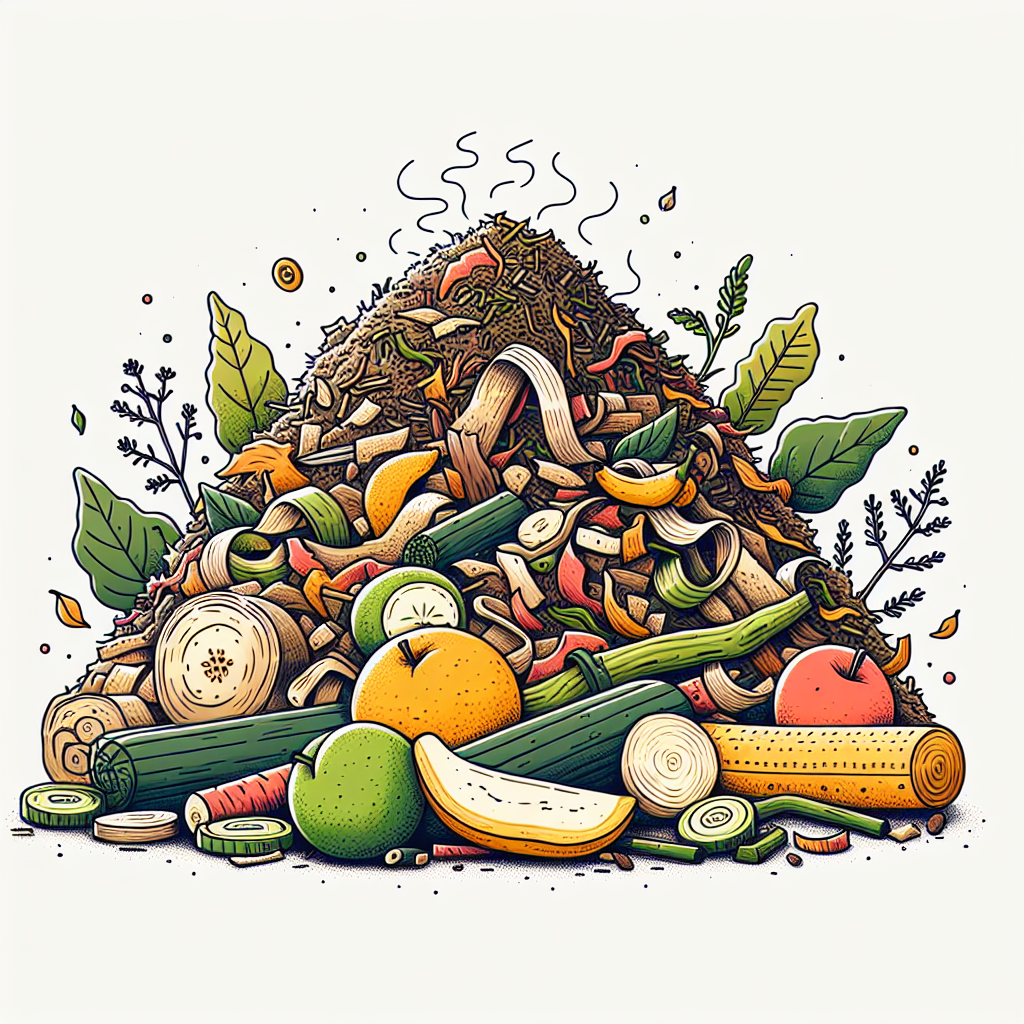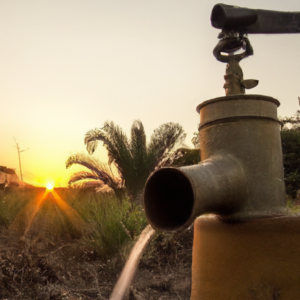Have you ever wondered what to do with those pesky weeds taking over your garden? Well, here’s some good news for you: you can actually put them to good use! In this article, we will explore the question of whether or not you can put weeds in a compost pile. We’ll discuss the benefits of composting weeds, tips for doing it effectively, and how to ensure that your compost remains weed-free. So, next time you find yourself battling with unwanted plants, remember that they can be a valuable addition to your compost pile.
Check Out Our Recommended Composting Products on Amazon Right Here!
What is a compost pile?
Definition
A compost pile is a designated area where organic waste materials, such as food scraps, yard trimmings, and other biodegradable materials, are decomposed and transformed into nutrient-rich compost. It is a controlled process that mimics the natural decomposition of organic matter, providing a sustainable and eco-friendly solution for waste management.
Purpose
The purpose of a compost pile is to create an environment where the process of decomposition can take place efficiently. Through the breakdown of organic matter by microorganisms, composting produces a rich and dark substance known as compost or humus. This compost can then be used to enrich the soil in gardens, lawns, and agricultural fields, providing essential nutrients for plants’ growth and improving soil fertility.
Benefits
Composting offers numerous benefits, both for the environment and for your gardening efforts. By diverting organic waste from landfills, composting reduces greenhouse gas emissions and helps to mitigate climate change. It also reduces the need for chemical fertilizers, pesticides, and herbicides, promoting a healthier and more sustainable approach to gardening. Compost improves soil structure, enhances water retention, increases nutrient availability to plants, and supports beneficial microbial activity, leading to healthier and more productive plants.
The Role of Weeds in Compost Piles
Understanding weeds
Weeds are typically considered undesirable plants that compete with cultivated plants for resources like sunlight, water, and nutrients. While they may be perceived as a nuisance in gardens, weeds play a crucial role in the natural ecosystem. Weeds often have deep roots that can penetrate compacted soil, helping to break it up and improve aeration. Additionally, their extensive root systems can help to prevent soil erosion and increase water infiltration. In the context of a compost pile, weeds can contribute valuable organic matter that aids in the decomposition process.
Potential challenges
One of the challenges associated with incorporating weeds into a compost pile is the potential for weed seeds to survive the composting process. If the compost pile does not reach sufficiently high temperatures, some weed seeds may remain viable and germinate when the compost is used in gardens or potting mixes. This can lead to an unintended increase in weed populations. Therefore, it is important to understand how to effectively handle and manage weeds in the composting process to avoid these challenges.
Benefits of incorporating weeds
Despite the potential challenges, incorporating weeds into a compost pile can have several benefits. Weeds are a rich source of organic matter, adding valuable nutrients to the compost. They also contribute diverse plant materials, which helps to create a well-balanced and nutrient-rich compost. Moreover, by composting weeds, you prevent them from spreading their seeds and potentially becoming a problem in your garden. When managed properly, weeds can be a valuable addition to your compost pile, enhancing its overall quality.

Check Out Our Recommended Composting Products on Amazon Right Here!
Preparation and Handling of Weeds for Composting
Identifying common weeds
Before you can effectively handle weeds in your compost pile, it is essential to be able to identify common weeds that may end up in your garden. Familiarize yourself with the characteristics and growth habits of local weeds to ensure proper weed management strategies.
Removing seeds and roots
To prevent weed seeds from germinating in your compost, it is vital to remove the flowering parts or seed heads of the weeds before adding them to the pile. This can be done by cutting them off using pruning shears or simply shaking off the seeds onto a tarp or newspaper. Additionally, make sure to remove any woody or fibrous roots that may take longer to decompose and potentially hinder the composting process.
Managing invasive weeds
Invasive weeds can pose a unique challenge in composting. These weeds often have aggressive growth habits and can easily spread through their seeds or roots. To manage invasive weeds, such as bindweed or Japanese knotweed, it is best to avoid composting them altogether. Instead, they should be disposed of through other means, such as municipal green waste programs or professional disposal services, to prevent the unintentional spread of these invasive species.
Composting Weeds: Do’s and Don’ts
Weeds suitable for composting
Not all weeds are suitable for composting. Some common weeds that are safe to add to your compost pile include dandelions, chickweed, purslane, and grass clippings. These weeds are relatively easy to decompose and contribute valuable nutrients to the compost.
Weeds to avoid
Certain weeds should be avoided in the compost pile due to their invasive nature, persistent seeds, or potential to regrow from small fragments. Examples of such weeds include bindweed, bermudagrass, quackgrass, and poison ivy. It is best to dispose of these weeds in a way that prevents them from spreading and causing further problems.
Methods to accelerate decomposition
To accelerate the decomposition of weeds in your compost pile, there are several methods you can employ. Chopping or shredding the weeds into smaller pieces increases their surface area, allowing them to break down more quickly. Mixing them with other high-nitrogen materials, such as fresh grass clippings or kitchen scraps, can also speed up decomposition. Additionally, ensuring proper aeration and moisture levels in the compost pile enhances microbial activity and promotes faster breakdown of organic matter, including weeds.

Best Practices for Composting Weeds
Mixing weeds with other organic materials
To create a well-balanced compost, it is essential to mix weeds with other organic materials. Combining high-nitrogen materials, such as fresh green weeds, with high-carbon materials, like dry leaves or straw, creates an optimal carbon-to-nitrogen ratio for efficient decomposition. Alternating layers of nitrogen-rich and carbon-rich materials helps to enhance the composting process and prevent the pile from becoming too compacted.
Layering and turning the compost pile
Layering the compost pile is another best practice for composting weeds. By alternating layers of green materials, such as weeds and grass clippings, with brown materials, such as dried leaves or shredded paper, you create a balanced and well-aerated compost pile. Regularly turning the pile, every few weeks or so, helps to provide oxygen to the microbes and ensures even distribution of heat, supporting faster decomposition.
Maintaining proper moisture and aeration
Moisture and aeration are crucial factors in successful composting. Aim for a moisture level similar to a damp sponge, making sure the compost pile is moist but not waterlogged. If the pile becomes too dry, it may slow down the decomposition process, while excessive moisture can lead to anaerobic conditions and unpleasant odors. Turning the pile regularly helps to maintain proper aeration, allowing the microbes to thrive and break down the organic matter effectively.
Controlling Weed Growth in Compost Piles
Preventing weed seeds from germinating
Preventing weed seeds from germinating in your compost pile is essential to avoid unintentionally introducing more weeds into your garden. To minimize the risk, make sure your compost pile reaches and maintains high temperatures during the composting process. Adequate heat, ideally between 135°F and 160°F (57°C and 71°C), will kill most weed seeds. Regularly turning the pile can help distribute the heat evenly and ensure that all areas reach these temperatures.
Managing weed regrowth
Even with proper composting practices, it is possible for some weed seeds to survive the composting process. To manage weed regrowth, it is crucial to allow the finished compost to mature before using it in your garden. Allowing the compost to rest for a few weeks or months gives any remaining weed seeds a chance to germinate. Once sprouted, you can easily remove these weeds before applying the compost to your garden beds or potted plants.
Potential risks and challenges
While composting weeds can be a beneficial practice, there are some potential risks and challenges to be aware of. If the compost pile does not reach high temperatures or is not turned regularly, weed seeds may survive and introduce more weeds into your garden. Additionally, some perennial weeds, such as bindweed or quackgrass, have rhizomes or underground stems that can be difficult to completely break down, potentially leading to regrowth when the compost is used. Regular monitoring and proper compost management are essential to minimize these risks.

Potential Benefits of Weeds in Compost
Adding nutrients and organic matter
One of the significant benefits of composting weeds is the addition of nutrients and organic matter to the compost. Weeds are often rich in nitrogen, phosphorus, and potassium, as well as other essential micronutrients. As they decompose in the compost pile, these nutrients become available to plants, helping to nourish and support their growth. The organic matter provided by weeds improves soil structure, enhances water retention, and contributes to overall soil fertility.
Improving soil structure
The extensive root systems of weeds can significantly improve soil structure. Weeds with deep taproots, like dandelions, can help to break up compacted soil, allowing for better water infiltration and root penetration. When incorporated into the compost pile, these weed roots continue to decompose, further benefiting the soil by improving its aeration and overall structure.
Increasing microbial activity
Weeds contain a diverse array of microorganisms that contribute to the composting process. When added to the compost pile, these microorganisms help to accelerate the breakdown of organic matter and contribute to the overall microbial activity in the compost. This increased microbial activity is essential for the transformation of organic materials into nutrient-rich compost, fostering a healthy and balanced soil ecosystem.
Common Misconceptions about Composting Weeds
Fear of spreading weed seeds
One common misconception about composting weeds is the fear of spreading weed seeds throughout the garden. While it is true that some weed seeds can survive the composting process, proper composting techniques can effectively minimize this risk. By ensuring that your compost pile reaches and maintains high temperatures, weed seeds are more likely to be destroyed, preventing their germination and reducing the chance of spreading weeds in your garden.
Concerns about weed infestation
Another misconception is the concern that composting weeds will lead to a weed infestation in your garden. When managed correctly, composting weeds can actually help to prevent weed infestation. By composting weeds, you are diverting them from your garden, eliminating the opportunity for them to take root and compete with your desired plants. Furthermore, the heat generated during the composting process, along with the maturation period of the finished compost, ensures that any remaining weed seeds are dealt with before applying the compost to your garden beds.
Myth of weed-resistant compost
Some people believe that weeds can survive the composting process and emerge from the finished compost unharmed. This is a myth since the high temperatures achieved in a well-maintained compost pile effectively kill weed seeds and destroy plant materials. Proper composting practices, such as adequate heat, regular turning, and proper maturation, ensure that the compost is clean and free from viable weed seeds. By following these best practices, you can confidently use your finished compost without fear of a weed epidemic.

Using Finished Compost Containing Weeds
Understanding the maturity of compost
Before using finished compost containing weeds in your garden, it is important to assess its maturity. Mature compost should have a dark, crumbly texture with an earthy smell. Any visible plant parts, including weeds, should be fully decomposed. To test the maturity of your compost, place a small amount in a sealed plastic bag and leave it for a few days. If there are no unpleasant odors or signs of decomposition, the compost is likely mature and safe to use.
Ways to minimize weed regrowth
To minimize weed regrowth when using compost in your garden, there are several steps you can take. First, ensure that the compost reaches high temperatures during the composting process, as this helps to eliminate weed seeds. Additionally, allowing the finished compost to mature and properly inspecting it before use enables you to remove any visible weeds or weed fragments. Finally, apply a layer of mulch on top of the compost to suppress weed growth and conserve moisture in the soil.
Proper application and benefits
When properly prepared and matured, compost containing weeds can be applied to your garden beds or potted plants. Gently incorporate the compost into the soil, ensuring even distribution. The nutrients and organic matter provided by the compost will nourish your plants, improve soil fertility, and enhance overall plant health. By utilizing compost, you are not only reducing waste but also creating a sustainable cycle of organic matter that benefits both your garden and the environment.
Conclusion
Composting weeds is an environmentally friendly and effective way to manage organic waste and create valuable compost for your garden. By understanding the role of weeds in compost piles, learning how to prepare and handle them properly, and following best practices, you can harness the benefits of incorporating weeds into your compost. From enhancing soil fertility and structure to promoting microbial activity and reducing greenhouse gas emissions, composting weeds presents numerous advantages for both the environment and your gardening endeavors. So don’t hesitate to turn those pesky weeds into valuable resources for a greener and more sustainable garden.
Check Out Our Recommended Composting Products on Amazon Right Here!




